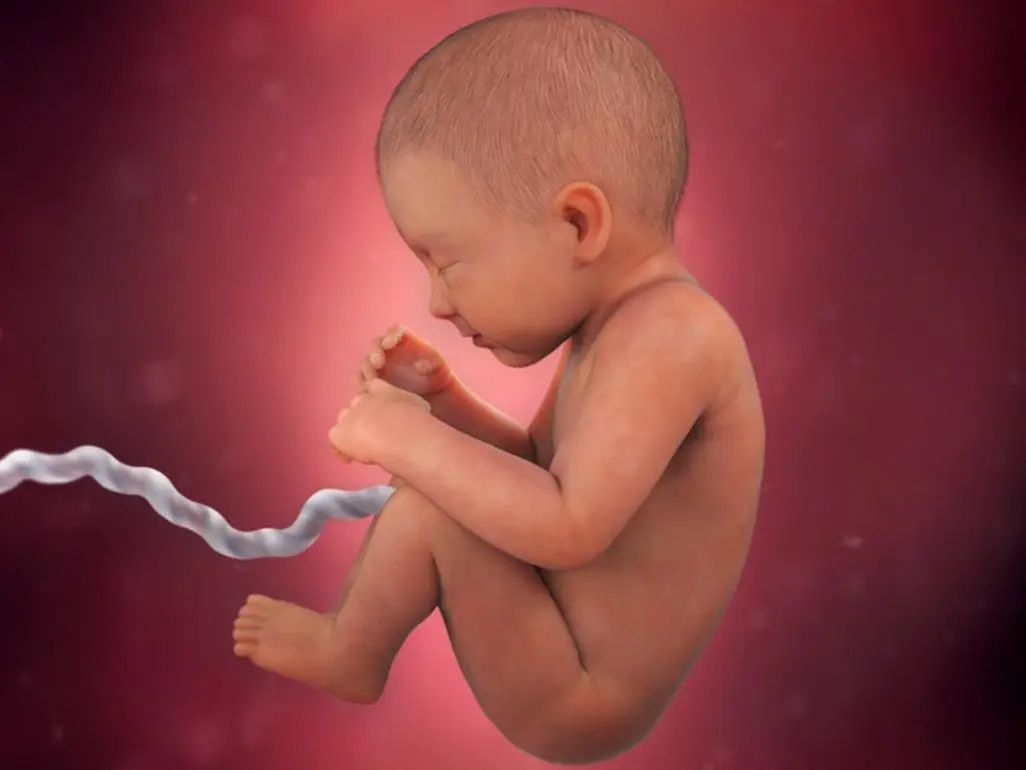Fetal Development
Pregnancy is a remarkable and transformative journey in which a fertilized egg develops into a fully formed fetus. In the United States, the typical duration of pregnancy is around 40 weeks, divided into three trimesters.
During the first trimester (weeks 1-12), the fertilized egg implants itself into the uterine wall and begins to develop rapidly. By the end of this trimester, the fetus has formed all of its major organs and body systems, although they are not fully matured.
The second trimester (weeks 13-27) is a period of significant growth. The fetus starts to move and is capable of hearing sounds from the outside world. Facial features become more defined, and gender can often be determined through ultrasound. The baby’s skin is covered in a fine hair called lanugo, and vernix, a waxy substance, protects the delicate skin.
The third trimester (weeks 28-40) is characterized by further growth and maturation. The fetus gains weight and develops layers of fat, which help regulate body temperature. The baby’s organs continue to mature, and the lungs prepare for breathing. During this period, the baby settles into a head-down position in preparation for birth.
Throughout pregnancy, prenatal care is essential to monitor the health and development of both the mother and the fetus. Regular check-ups, ultrasounds, and various tests ensure that any potential complications are detected and managed.
In the United States, the medical community emphasizes the importance of a healthy lifestyle during pregnancy, including a balanced diet, regular exercise, and abstaining from harmful substances like tobacco and alcohol. Pregnant individuals are encouraged to seek prenatal care early on and consult with healthcare professionals to ensure a safe and healthy pregnancy journey.



